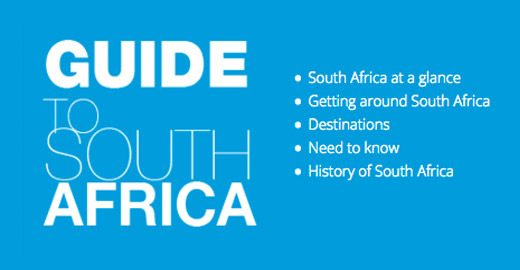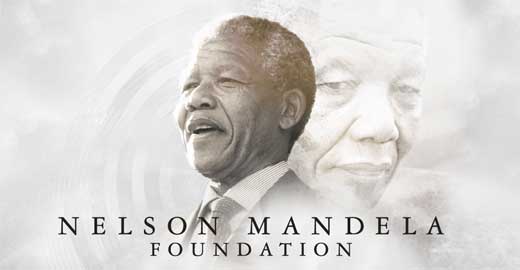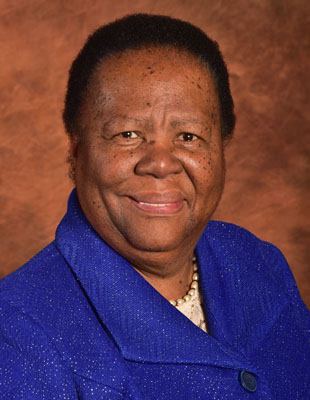South Africa Fast Facts
When you first consider a trip to our neck of the woods, you’re bound to want some facts about South Africa at your fingertips. Here are some of the basics.
Geography
Situated at the southern tip of Africa, South Africa has a landmass of 1 233 404 km² edged on 3 sides by a nearly 3000km coastline washed by the Indian Ocean and the Atlantic. It is bordered in the north by Namibia, Botswana, Zimbabwe and Mozambique, and also wraps itself around two independent countries, the Lesotho and Swaziland.
Capitals:
South Africa has 3 capitals: Cape Town (Legislative), Pretoria (Administrative and Bloemfontein (Judicial).
Political system:
A well-known fact about South Africa is that since 1994 we have enjoyed democratic government, the apartheid policies of the past overthrown. Our constitution is regarded as an example to the world, and enshrines a wide scope of human rights protected by an independent judiciary. The country is headed by a State President, Jacob Zuma, of the African National Congress (ANC).
Economy:
A lesser-known fact on South Africa is that it has achieved steady economic growth in gross domestic product (GDP) since the late 90s. The country, regarded as an emerging market, has a well developed financial sector and active stock exchange. Financial policies have focused on building solid macroeconomic structures. The country’s central bank is the Reserve Bank.
Tourism:
Since the demise of apartheid, international tourist arrivals have surged, making tourism one of the fastest growing sectors. The tourism industry is well-established with an exciting sector of emerging entrepreneurs. The country is strong on adventure, sport, nature and wildlife travel and is a pioneer and global leader in responsible tourism.
Population:
The South African population of more than 47m people is extremely diverse. Africans are in the majority, approx. 80% of the population, followed by the white population approx. 4,4m; the colored population approx. 4,2 million and the Indian/Asian population at approx. 1,2m.
Currency:
South Africa’s currency is the rand, which offers visitors great value for money. The rand comes in a range of coins (R1 = 100 cents) and note denominations of R10, R50, R100.
Climate:
South Africa has a temperate climate and is known for its long sunny days, hence the title: ‘Sunny South Africa’. Most of the provinces have summer rainfall, except for the Western Cape (winter rainfall). Winter is from May to August; Spring from September to October; Summer from November to February and Autumn is from March to April.
Communications:
South Africa has an exceptionally well-developed communications infrastructure. A number of cell-phone providers provide national coverage and there are well-established landline phone networks. Internet and Wi-Fi are easily accessible in most urban areas.
Provinces:
There are 9 provinces in South Africa, namely: Eastern Cape, Free State, Western Cape, KwaZulu-Natal; Gauteng, North West, Northern Cape, Limpopo and Mpumalanga
National Symbols:
The South African flag is a much-loved symbol of patriotism and other significant national emblems include: National bird: blue crane; National animal: the springbok; National fish: galjoen; National flower: protea and National tree: the yellowwood.
Languages:
South Africa is a multi-lingual country and there are 11 official languages including: English, Afrikaans, isiNdebele, isiXhosa, isiZulu, Sepedi, Sesotho, Setswana, Siswati, Tshivenda and Xitsonga. Composed by Enoch Sontonga in 1899, the Xhosa hymn ‘Nkosi Sikelel’ iAfrika is South Africa’s national anthem
Religions:
Almost 80% of South Africa’s population is Christian. Other major religious groups include Hindus, Muslims, Jews and Buddhists. A minority don’t belong to any of the major religions. The Constitution guarantees freedom of worship.
Water:
Tap water is potable. However, ensure that you take bottled water with you when travelling to remote rural areas and the bush.
Animals and Plants:
South Africa has been declared one of the 18 megadiverse destinations in the world. As a pioneer and leader in responsible tourism, South Africa has numerous conservation projects to protect its natural heritage – travellers can support and take part in many of these projects. The country is home to the famous Big Five (rhino, elephant, lion, leopard and buffalo).
Electricity:
The South African electricity supply is 220/230 volts AC 50 HZ. With a few exceptions (in deep rural areas) electricity is available almost everywhere.
Airports:
The 3 major international airports in South Africa are: OR Tambo International Airport (Johannesburg), Cape Town International Airport and King Shaka International Airport (Durban) as well as 90 regional airports including the Kruger Mpumalanga International Airport (KMIA) in Nelspruit.
Travel by Road and Rail:
South Africa has an extensive road infrastructure including national highways and secondary roads. Speed limits are set at 120 kilometres on highways; 100 kilometres on secondary roads and 60 kilometres in urban areas.
Entry requirements:
South Africa requires a valid yellow fever certificate from all foreign visitors and citizens over 1 year of age travelling from an infected area or having been in transit through infected areas. For visa requirements, please contact your nearest South African diplomatic mission.
Health and safety:
South Africa is well-known for its medical skill since Professor Christiaan Barnard performed the first successful heart transplant in 1967. There are many world-class private hospitals and medical centres around the country, especially in the urban centres. Most of South Africa is malaria-free, but always check with the game reserves you’re planning to visit and take precautions if necessary. Make sure you have the latest safety tips from the establishment where you will be staying and take common sense precautions as you would when travelling.
Top 10 cities
Cape Town, Western Cape
Renowned as one of the most beautiful cities in the world, this seaside playground has it all. Move over Sydney and San Francisco – the Mother City rules!
Johannesburg, Gauteng
Founded on a gold rush; it’s the financial and entertainment epicentre of the country. Jozi rocks in more ways than one.
Durban, KwaZulu-Natal
If you’re looking for a hot destination – Durban is it! From its sultry nightlife, weather, beaches and heady cultural mix to its famous curries, Durb’s is scorching!
Pretoria, Gauteng
Seemingly stately with numerous international embassies, monuments and museums, this city, is sports-mad with plenty entertainment in theatres, music venues and nightclubs.
Port Elizabeth, Eastern Cape
Known as the friendly city, this easy-going bayside metropolis is known for its hospitality and beautiful beaches.
Bloemfontein, Free State
At the heart of the Free State you’ll find historic, hospitable Bloemfontein, known as the ‘City of Roses’.
Nelspruit, Mpumalanga
Gateway to the Kruger National Park and the world-famous game reserves of Sabi-Sabi, Nelspruit is a thriving lowveld metropolis.
Kimberley, Northern Cape
Founded on diamonds; this historic city is home to the Kimberley mine museum and the Great Hole of Kimberley.
Polokwane, Limpopo
Meaning place of peace, Polokwane opens the way to the Great Limpopo Transfronteir Park and the mystical, eco-adventure landscapes of Vhenda.
Pietermaritzburg, KwaZulu-Natal
This KwaZulu-Natal hinterland city is cherished for its history, colonial character and picturesque countryside.





